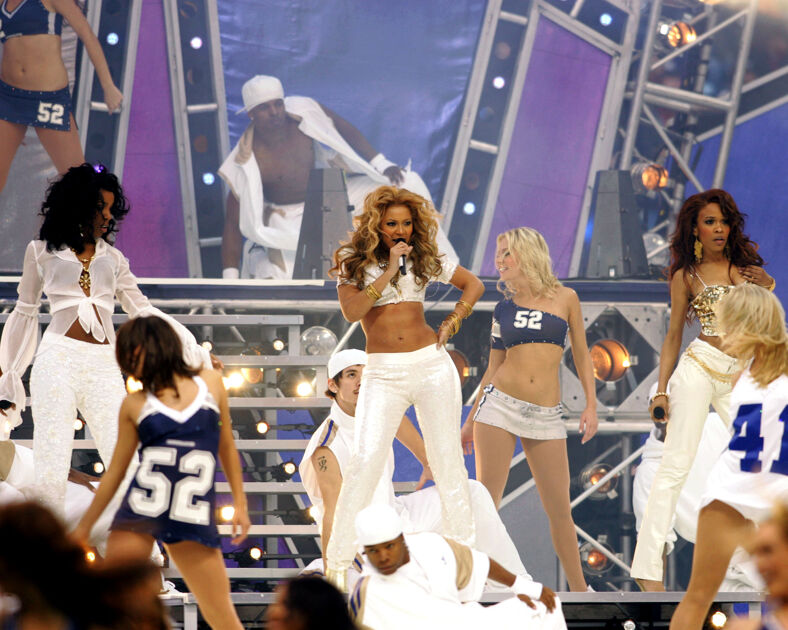The impending arrival of Thanksgiving Day football games this week also means we’re about to get our annual helping of Dallas Cowboys/Salvation Army synergy. Since 1997, the Cowboys’ Turkey Day halftime show has served as an unofficial kickoff to the Army’s traditional Red Kettle Campaign.
The Salvation Army has become synonymous with the NFL on this holiday. To the point where sometimes players get into the spirit by jumping into the giant kettles next to the end zone after scoring a touchdown. In 2016, for example, one Dallas-area family in need must have been surprised to receive a donation of one slightly used Ezekiel Elliott.
It certainly appears altruistic enough and it’s for charity. But the Salvation Army has a very problematic history when it comes to its views and actions toward the LGBTQ community. It’s a history and a perception that the Army needs to work on fixing.
A report in December 2019 by Vox’s Gaby Del Valle catalogued the Army’s discriminatory actions toward LGBTQ people through the past few decades. Among them: denying a homeless gay couple shelter, firing a case worker after learning she was bisexual, and refusing to treat transgender patients at a substance abuse center.
Furthermore, back in 2011, The New York Times’s Mark Oppenheimer quoted the Salvation Army’s official “Position Statement” on homosexuality:
“Scripture forbids sexual intimacy between members of the same sex. The Salvation Army believes, therefore, that Christians whose sexual orientation is primarily or exclusively same-sex are called upon to embrace celibacy as a way of life.”
Zounds. And you wonder why so many people are tense during the holidays.

That position statement has since been File Not Founded from the Army’s website. This is because the Salvation Army has spent the past few years pushing back against the characterization of their organization as anti-LGBTQ.
Instead, their website now includes a special LGBTQ Support section promising help to the community through the Army’s homeless shelters, food insecurity programs and several other initiatives. It also features video testimonials from gay, lesbian, and transgender employees and shelter residents affirming that the Army did not discriminate against them, sometimes quite defensively.
At the very least, it’s probably safe to conclude that replacing mandatory enforced celibacy with messages of inclusion is a step in the right direction.
However, even if you buy into the Army’s professed commitment, it still comes with a caveat. When Salvation Army National Commander David Hudson defended his organization’s LGBTQ record in a USA Today editorial, he still found space to note:
“It’s true that The Salvation Army’s pastoral leaders, who subscribe to the traditional tenets of the church on which we are founded, do themselves adhere to a traditional Biblical definition of marriage…”
While Hudson might see that as reasonable, revealing that “even as we provide help to LGBTQ people, our leaders still view their relationships as abominations” isn’t the healing language he seems to think it is.
In truth, if the Salvation Army really wants to make a statement of support for our community, it should turn to its football connections and take a page from their playbook.
The NFL’s recent National Coming Out Day video provides a model for how to reach out to the LGBTQ base. Go big. Make the first move. Promise to connect in ways we haven’t heard before. And be unequivocal in your support and acceptance.
Language like “To all current players who are thinking of coming out, when you’re ready, so are we” is as bold a promise to do what’s right as we’ve ever heard from the league. And the subsequent montage of current stars promising “I support you. I got you. We got you,” is also unmistakable as a message of welcome.
If the Salvation Army really wants the LGBTQ community to believe they’re sincere after its checkered history, we need to hear something that sounds like that. No defensive outrage that anyone would dare allege discrimination. No “we’ll give you a place to sleep but our book still says Neil Patrick Harris and his husband are gross” hedging. Let us know that your organization accepts us without conditions.
Here’s a sentence that I’ve never written before but nonetheless is completely true: If the Salvation Army wants to make LGBTQ people feel truly welcome, they need to start asking themselves, What Would Gronk Do?







































